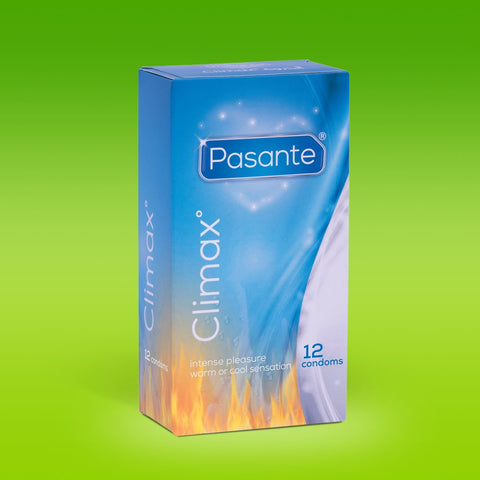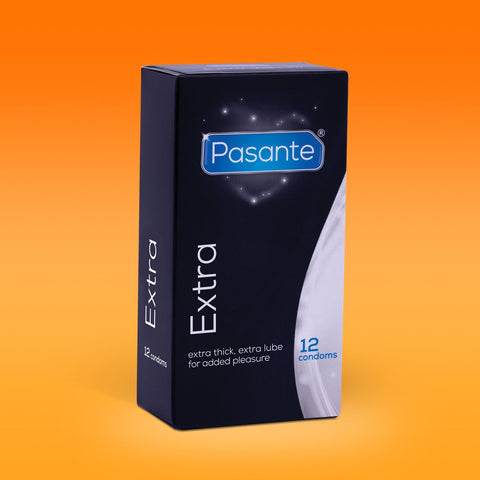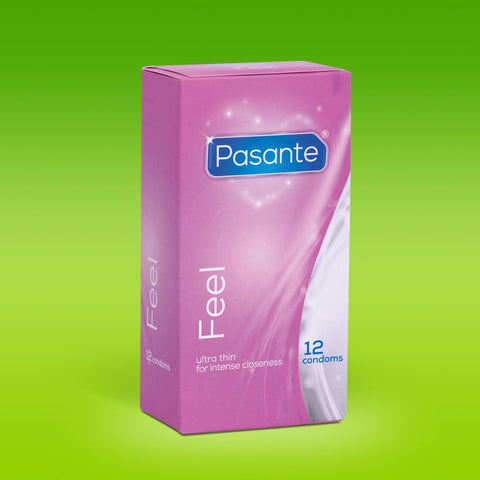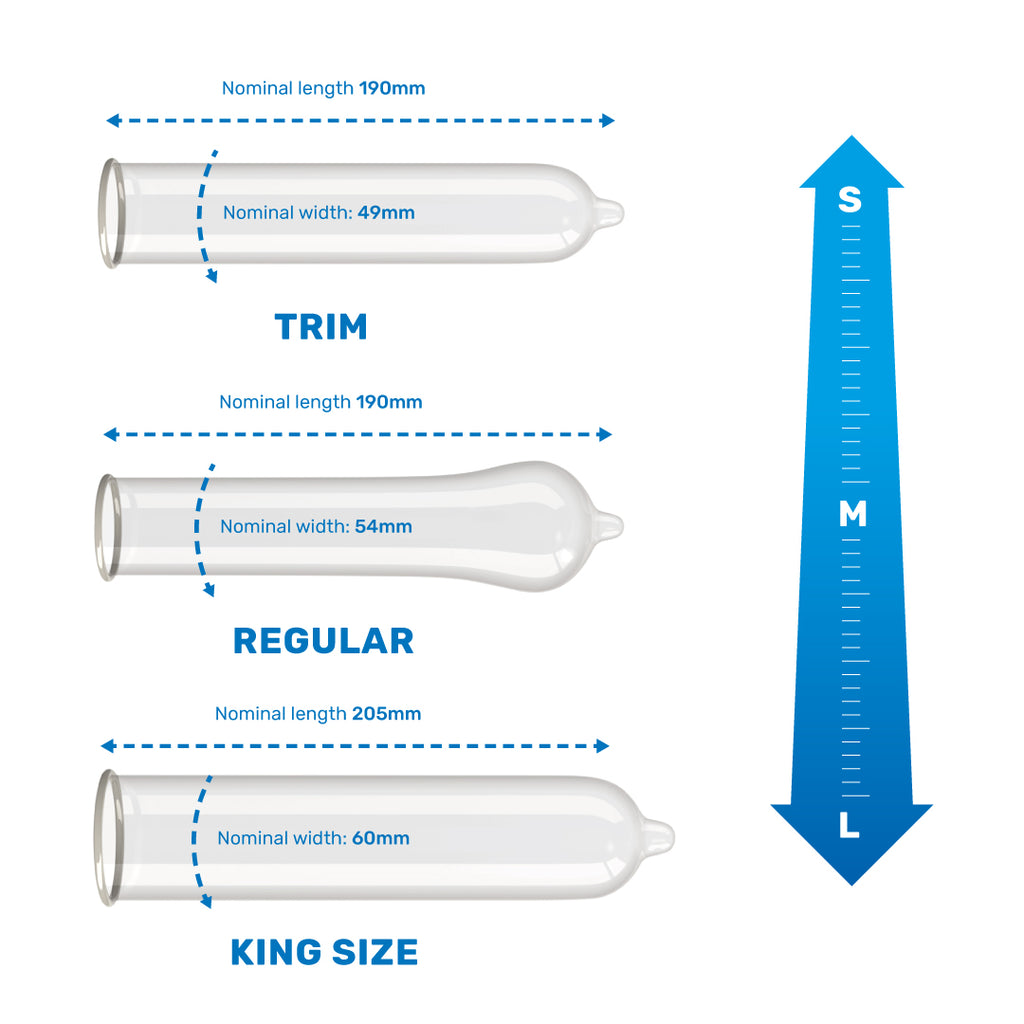
World Health Day: How effective are condoms?
Since 7th April 1948, the World Health Organisation has been at the forefront of addressing vital health issues across the globe and for over 70 years continues to raise awareness of health topics every year on World Health Day.
This year, our focus for World Health Day is on one of our most commonly asked questions; ‘How effective are condoms?’. We thought this would be a great opportunity to explore this question in more detail so you can feel confident knowing that the condoms you choose are the safest and most reliable.
With this in mind, here are six tips on how to ensure your condoms are highly effective this World Health Day.
World Health Day FAQ: How effective are condoms?
Condoms are a popular method of contraception which provide protection from sexually transmitted infections, HIV and pregnancy. Although we know they’re not 100% effective, they are still one of the highest effective rates of contraception available. With such an important job to do, it’s vital that the condoms you choose are the most effective they can be.
World Health Day FAQ: How to ensure your condoms are the most effective?
In-date
The first thing to check when wondering how effective condoms are is the expiry date of the condom. Condoms typically have a 3-5 year window from the manufacturing process to the expiry date. Pasante condoms have a 5 year window from the date of manufacture. Exceptions being Unique (4 years from the date of manufacture) and Delay / Infinity (3 years from the date of manufacture). The expiry date can be found at the bottom of the box as well as on the back of each foil. Only use condoms that are within date. After this date, the condom is no longer reliable as it may contain holes, damage or have deteriorated. Therefore, always remember to check the condom is still in date before use.
CE Mark
Next, check that your condoms have a CE mark! A CE mark is the stamp used to indicate that condoms have been assessed to meet EU safety, health and environmental protection requirements - this also ensures our condoms are as effective as they can be. The CE Mark is the next most important thing to check.
Check for damage
If you’re concerned about how effective condoms are - you also need to be checking for damage to the condom. Condoms can be easily damaged in wallets or bags so it’s a good idea to check the condom is intact before using.
Make sure the condom is the right way around
It might seem confusing to know how to put a condom on correctly, especially if you’ve never put a condom on before, or it’s been a while. If you fail to put a condom on properly, it will reduce the effectiveness of the condom, therefore you will not be protected against sexually transmitted infections or pregnancy. One of the common mistakes of putting a condom on is that the condom has been put on the wrong way around - remember; the condom should be able to roll down easily on an erect penis.
For a recap on how to put a condom on correctly - click here.
Use the correct lubricant
Using oil-based lubricant, such as baby oil or vaseline will damage the condom, increasing risk of tears and breaks. That’s why to maintain the effectiveness of condoms, always remember to use a condom-friendly lubricant; choose from Gentle Light Lube, Tingling Mint or if you’re feeling a little fruity… our Sensual Strawberry.
BSI Kitemark
A BSI (British Standards Institute) kitemark is a unique type of stamp that is added to our condom packaging. Gaining a BSI stamp of approval means our condoms have had to go through rigorous and regular quality, safety and performance checks through the BSI. This ensures that the product has been manufactured to a high standard. For those wondering how effective are condoms? - ensuring your condom has a BSI kitemark will indicate a high quality product.
World Health Day: Take a minute to say thank you!
On the 7th April 2021 for World Health Day, the world will come together to say thank you to our nurses and midwives. Throughout history and especially during Covid-19, nurses and midwives have always been at the forefront of healthcare ensuring that patients receive high-quality treatment and care. Next time, you see a nurse or midwife, whether that’s at a GP surgery or at your local sexual health clinic, take a moment to say thank you - they’ll appreciate it.





